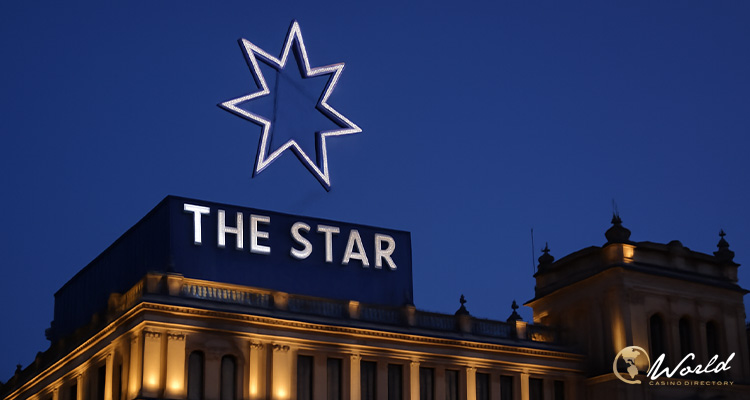Star Entertainment, the Australian casino operator, has suffered a significant setback with the failure of its deal to sell its 50% stake in the Queen’s Wharf Brisbane casino and hotel development. The agreement was intended to help the struggling company alleviate its financial troubles, but after months of negotiations, the Hong Kong-based partners, Chow Tai Fook Enterprises and Far East Consortium, terminated the deal.
Star’s Attempt to Sell Queen’s Wharf Hits a Wall
Star confirmed on Friday, August 1, that it had been unable to reach an agreement with its joint venture partners over unresolved commercial issues, which prevented the finalization of the deal. The announcement sent Star’s stock plunging by 16.3%, reaching a record low of 9.2¢ per share. The termination leaves the company on the hook for millions of dollars in repayments and future liabilities tied to the development.
Despite this setback, Star indicated that it was continuing negotiations with its partners, stating that it would provide an update if there were any significant developments. However, with the deal officially off the table, Star now faces the challenge of how to handle its share of future equity contributions to the Destination Brisbane Consortium (DBC) and the project’s debt, which has ballooned to over $1.4 billion.
The breakdown of the deal means that Star Entertainment must repay $41 million to its partners, including $10 million due by August 6 and another $31 million by September 5. If Star fails to meet these payments, it risks losing control of its stake in the Dorsett Hotel on the Gold Coast. This financial strain comes at a time when the company is already grappling with escalating costs and debt obligations tied to the Queen’s Wharf project, which has experienced a staggering $1 billion in cost overruns.
Star’s difficulties were compounded by the collapse of its planned sale to the Hong Kong consortium, leaving the company in a precarious financial position. The ongoing development of Queen’s Wharf, which is part of a larger $3.6 billion resort, is now expected to require further equity contributions, potentially totaling $200 million. There is also the possibility of additional funding being required as part of a refinancing deal due to expire by December 31, 2025.
The failure to sell Queen’s Wharf further complicates Star’s already tenuous financial situation, as it faces significant debt repayment obligations and a potential fine from Australia’s financial intelligence agency, AUSTRAC. The agency has conducted an investigation into Star for breaches of anti-money laundering regulations, and any fine exceeding $100 million could push the company toward insolvency.
Challenging Times for Star Entertainment
The collapse of the Queen’s Wharf deal marks another difficult chapter for Star Entertainment, which has already been struggling with operational challenges and a downturn in revenue. The company’s casino in Sydney has been underperforming due to stricter gambling regulations, including mandatory carded play and cash limits that have dampened gambling activity. This has led to a 17% drop in average daily revenue since the introduction of these measures.
As reported by The Sydney Morning Herald, earlier this year, Star had managed to secure a $300 million rescue package led by U.S. casino giant Bally’s Corporation. This lifeline, however, is unrelated to the Queen’s Wharf deal and does not alleviate the company’s growing liabilities related to its Australian properties. Bally’s has expressed interest in taking control of Star, with plans for a buyout that would see the Mathieson family and Bally’s Corporation hold a controlling stake in the company.
Despite the difficulties, there remains cautious optimism within the company. Star’s statement indicates that it will continue to explore alternative options regarding its stake in Queen’s Wharf. However, with the company facing a significant cash burn rate and increasing liabilities, it remains uncertain how Star will navigate the challenges ahead.



